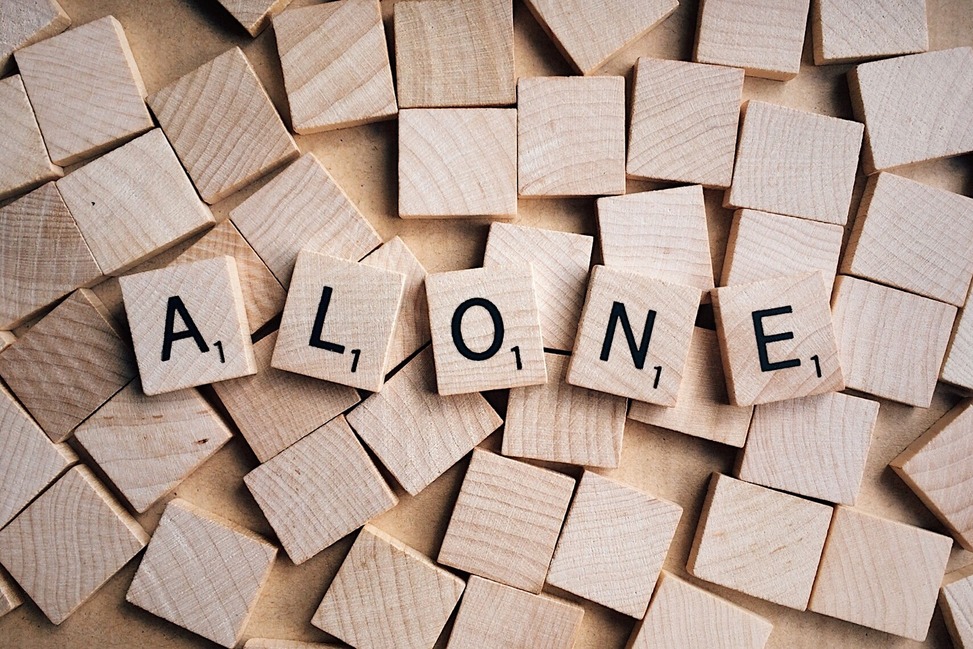I Found Comfort in the Chaos

The following is a response to a member’s recent comment, from Allies in Recovery mom Laurie MacDougall. The constant chaos in her life brought by her son’s substance use disorder (SUD) became a familiar state. When he was finally in treatment, she felt lost and alone. Eventually and with help, she worked through these difficult emotions.
Read Laurie’s other guest posts here. She also co-hosts the podcast ‘Coming up for Air’ with published author and Allies in Recovery mom Annie Highwater. To browse or listen to the podcast, follow this link.
This post originally appeared on our Member Site blog, where experts respond to members’ questions and concerns. To learn more about membership, see our Membership Benefits page.
The chaos became familiar
While going through crisis and chaos, I was in a constant state of anxiety, hyper-vigilance and on alert 24 hours a day. I maintained this state for a lengthy period, so lengthy that it felt like it had become a part of who I was. Always in turmoil, I was always ready to respond or react. When there is change, no matter how small, it throws us off-kilter.
When our loved ones go into treatment, leave the home to live in a sober house, or find their way into an outpatient program, our role in the relationship starts to change too. However, we are left in a state of hyper-anxiety with a nervous stomach and feelings like we might just explode. In a sense, we become comfortable with this state of chaos because it’s familiar. Yet there isn’t anything or anyone to focus on. The crisis is over, the focus is gone, but the feelings are not.
The empty nest feeling when he went off to treatment
Once my son went off to treatment, while positive, the abrupt change left me with feelings of loneliness. I was weepy and had feelings of not being needed anymore. What I realized was that maybe this was a “natural progression” of life. But I didn’t have the usual societal clues to help guide me. I know that the situation I am in is not “normal” but I always try and compare it to things that are normal.
So, I started to think about my son going into treatment as similar to my daughters going off to college. I started to see that the feelings I was experiencing were the same feelings I had with “empty nest” —on steroids mind you— but the same. When my daughters (and son) went off to college, I had to redefine who I was; my role as a mom was changing even though I did not want it to. The feelings were similar with my son going off to treatment and I started to see I had to adjust to the situation.
My feelings, my responsibility
I also realized that my feelings of ultra-anxiety and loneliness were my problem and not my son’s. When my daughters went off to college, I didn’t make it their responsibility to “fix” my feelings. I couldn’t expect that of my son either. His sole responsibility, and for a very long time, was to work on his recovery, not mine. My emotions and feelings are my responsibility. I had to start taking care of myself and create a new social life.
So, I started going out with friends and made it a point to do things in life that make me happy. I also reached out for professional help with the emotions I was experiencing. Next, I started attending support groups, creating a community of people in the same situation as myself, and got educated about substance use. I was lucky in that I did have guidance from my son’s treatment staff; they suggested I keep communications infrequent and conversations very light. We could talk about the weather. It was suggested however, that if he tried to pull me back into the chaos, I make it short and hang up.
Learning to let go
Honestly, this was the beginning of the shifting of my role as his mom. It became a long and involved process of letting go. Not letting go of my son but letting him take the reins of his recovery. My role was changing so my feelings were changing and I needed to learn (just like my son) to deal with them. I had to adjust to less of him in my life and less of me in his life. It was important for me to determine what my son was responsible for: his recovery, and what I was responsible for: myself.
I hope this helps and remember you are not alone in these struggles and emotions. It is not easy or quick and not something that is chosen, but in the end it can change us for the better.
A membership at Allies in Recovery brings you into contact with experts in the fields of recovery and treatment for drug and alcohol issues. Our learning platform introduces you to CRAFT and guides you through the best techniques for unblocking the situation. Together we will move your loved one towards recovery. Learn more here.
